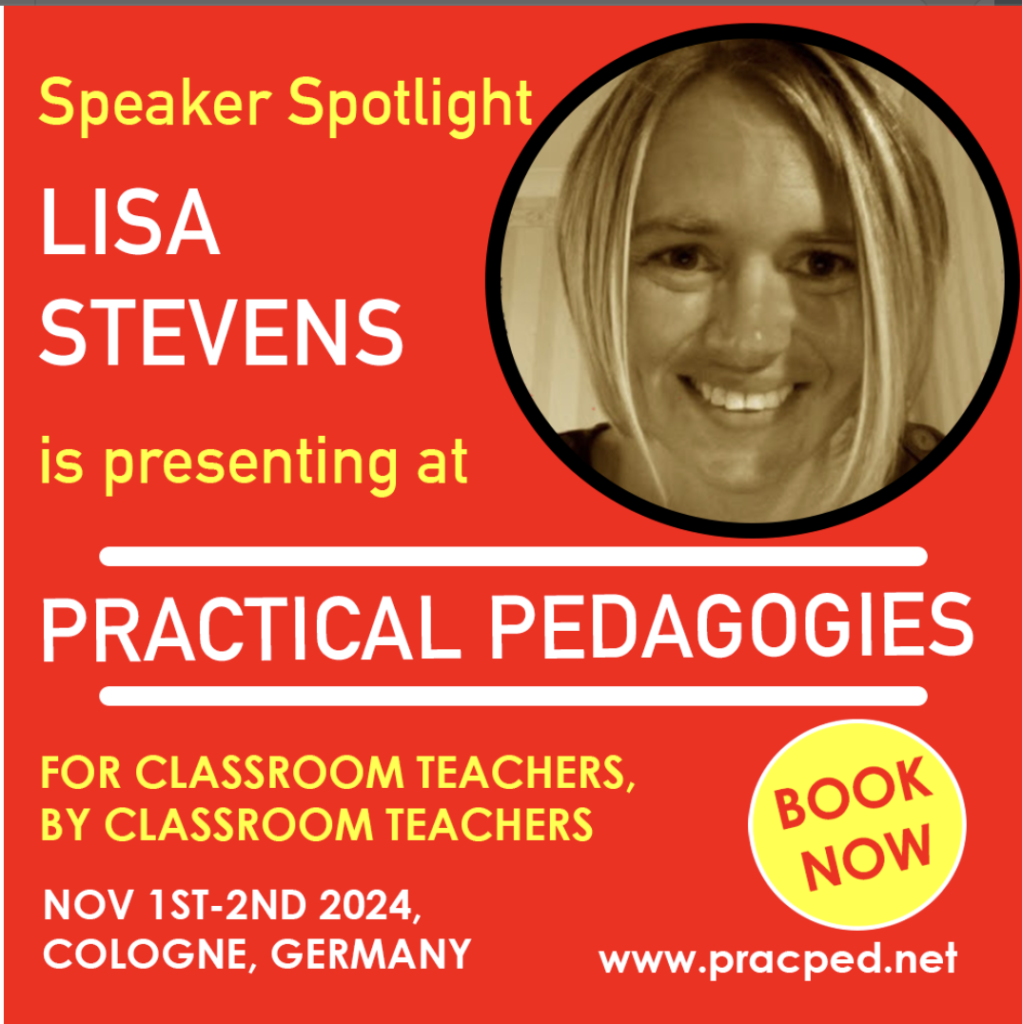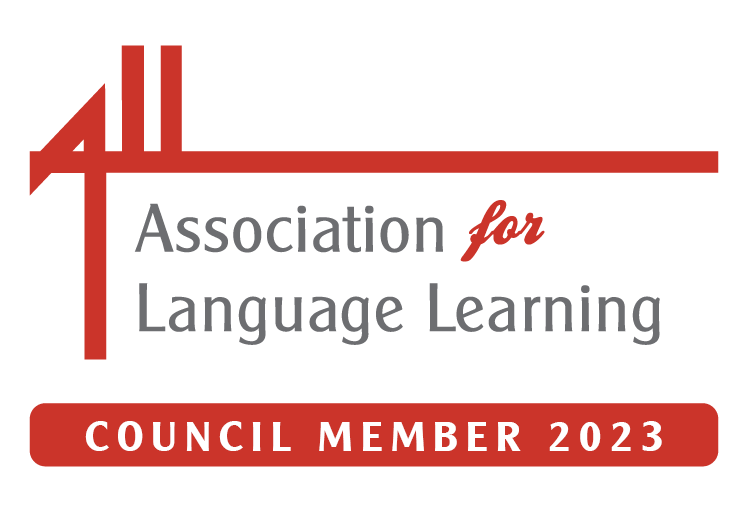AQA – Creative and motivational language learning in the primary classroom. Part 2
On Tuesday I was in sunny (yes, it was sunny!) Manchester, delivering my AQA course.
Apart from the problems with the internet, I believe a good day was had by all – lunch was once more a highlight!
Rather than repeat all the links, can I refer you to my last post where you will find all the ‘new’ links about PLL, and also some recommendations from other delegates of sites and learning materials that they’ve found useful.
I forgot last week to put a link to a resource listing many many games and quick activities for the PLL classroom, so here it is.









